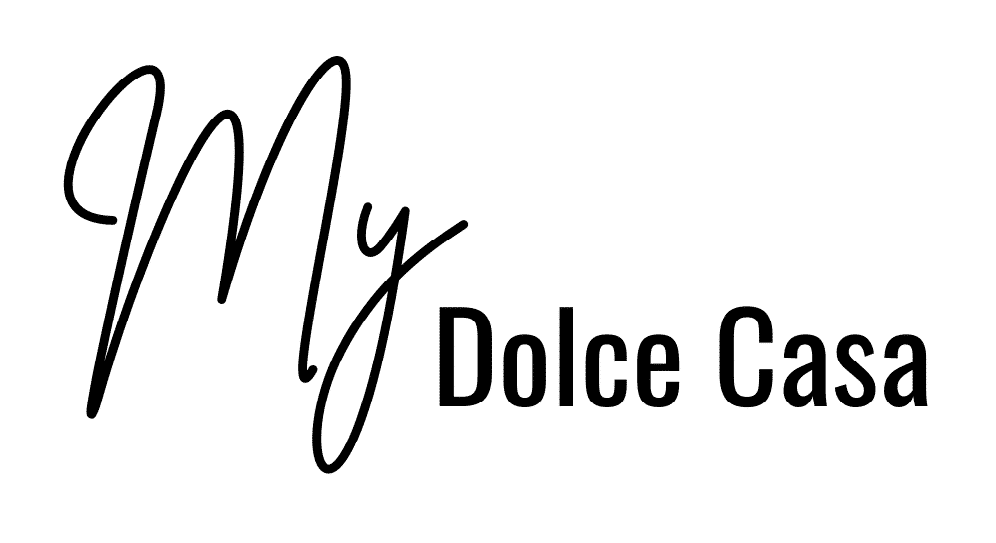Are you dreaming of a life in Europe, but are worried that you don’t have the necessary qualifications? Moving to Europe without a degree and earning a living can be difficult. However, with some planning and research, it is actually possible to give life in Europe a try without a degree: enrolling in a college course, working as a freelancer, or finding a seasonal job in tourism are just some of the options.
In this article, we’ll discuss strategies for effectively moving to Europe without a degree:
1. Enroll in a European university to pursue a degree
Enrolling in a European university to pursue a degree is an exciting opportunity for those looking for an international education. Studying abroad offers students the chance to experience different cultures, gain perspective on global issues, and learn more about themselves as individuals.
With access to top-tier universities from all over Europe, students can find excellent online courses or traditional campus programs that offer quality academic education and research resources across many disciplines such as business, science, engineering, and humanities. Whether you want to complete your undergraduate studies or advance your professional career with postgraduate work, enrolling at a European University may be just what you need.
Here’s a list of required documents you’ll have to bring if you wish to enlist:
- Form for Application to Study Abroad
- Academic Transcripts from Previous Schooling
- Certificate of English Proficiency (IELTS/TOEFL/PTE Test/Other)
- Copies of both the First and Last Pages of your Passport
- Statement Of Purpose (S.O.P.) Outlining Your Goals
- Two Letters of Reference from Employers or Educators
- Birth Certificate Showing Date of Birth
- Current CV or Resume
- Experience Letter(s)
- Two Passport Pictures
- Any Additional Documents
The application process for a European university should be undertaken several months in advance of any desired commencement date, as there are many hoops to jump through before you can enroll. This preparation helps ensure that the student is ready and properly equipped with all the required forms and documents required by the respective institute. The financial aspect must also not be ignored, since the expenses associated with living abroad should be considered.

2. Work remotely for your current job if possible
Working remotely for your current job is an excellent idea for those who want to move to Europe without a degree. This strategy allows you to maintain your employment and career prospects while you make the transition, thereby reducing financial pressures or worries about entering unfamiliar territory.
The process of working remotely in this manner will vary depending on where exactly you are moving to within Europe and what requirements may be imposed under local regulations. However, it can generally involve seeking permission from your employer as well as obtaining necessary documentation such as visas and work permits that will be necessary for you to live and work there.
3. Work as a freelancer
It is certainly possible to relocate to Europe without a degree, particularly if you’re interested in pursuing freelance work. Freelancing allows aspiring Europeans the ability to create income opportunities and business ties while living abroad. The first step towards successful freelancing is deciding what services or products you want to offer. Are your skills best applied to web development? Graphic design? Consultancy services? Or teaching English as a foreign language? Consider your current qualifications and which of these apply to your skill set.
Another noteworthy component of successful freelancing is building a strong professional portfolio and online presence, which includes working with clients to establish a credible reputation as well as an impressive collection of work that testifies to your credibility in the area you’ve chosen to specialize in. Creating profiles on key websites such as Fiverr, Upwork, Indeed and Freelancer can be critical for reaching potential customers globally.

Once you’ve chosen an area of specialty and established a professional portfolio, start reaching out to potential clients in Europe by applying for freelance jobs through specialized employment portals. Reaching out to employers personally can also yield positive results. You can start by introducing yourself professionally with a combination of digital communication such as email or Skype along with regular reminders about the services that you offer. With hard work and perseverance, freelancing can be a viable option for those embarking upon a new life in Europe without a degree.
4. Find a seasonal job in tourism
When it comes to moving to Europe without a degree or a job at hand, many people assume that this is otherwise impossible. The fact remains, however, that there are several ways for those without a university education to legally move and undertake work in countries within the European Union. One such route which can be successfully used by individuals hoping to gain residency status or live permanently abroad is taking up seasonal employment-related opportunities connected with tourism.
Several industries common within seasonal tourism benefit immensely from these arrangements including hospitality, retail outlets, and information centers operated by local or global visitor bureaus along with special events and activities that take place in popular tourist locations. Although international students or those with lower academic qualifications are generally excluded from gaining working holiday visas due to residence permits and/or immigration regulations, in certain cases waivers can be granted.
Ultimately it must be remembered that although taking up seasonal work related to tourism or another industry does not directly equate to resident status in the EU, surviving and thriving under these conditions can certainly pave the way for drastically improved chances later on. Attention must be given to ensure that a full risk assessment is completed alongside researching local policy and laws governing registration for foreign nationals as each country will impose its restrictions on this kind of work engagement.
5. Find a job in a shortage occupation not requiring a degree
Amid rising unemployment rates and job competition, many people are left wondering how to secure a good career in today’s tough labor markets. While higher education has always been viewed as the only way to long-term success, there is another option for those looking to break into or find employment in Europe, and that is in finding occupations with shortages of workers that don’t require a degree.
Employment opportunities can be found throughout European countries facing worker shortages due to improvements in lifestyle choices and population trends. This means that any person with just the right skills and experience can land a job in an area where there is greater demand for help than the availability of qualified workers. Finding these roles requires some research, networking, and planning due to intense competition. To get started on this path though, here are four areas experiencing worker shortages in Europe that don’t require a degree:
- The IT Sector – As technology advances, so do the demands placed on IT specialists. With international companies creating roles in various areas of the tech industry, this is one sector ripe with unoccupied positions. Particularly sought-after skills include software design and development; computer programming; systems administration or management; web or app development.
- Caregiving Services – A particular need exists for those able to provide elderly care and other health-related services throughout Europe. Qualities like empathy, creativity, and patience are all in high demand when it comes to these positions. Even though many of them require some specific certification, a lot can still be accomplished without an academic degree.
- Hospitality and Catering – These jobs don’t require any college-level qualification, but rather on-the-job training that employers are willing to provide. The growth of tourism throughout Europe has led to thousands of available roles for wait staff, and housekeepers, so this is another area to consider for those looking to start a career without a degree.
- Tour Guides – Maybe the easiest way into any European professional job market, tour guides are extremely wanted throughout Europe. Many of the jobs don’t require a college qualification, and tasks range from providing tour-conducting services to dealing with customer inquiries.

All of these jobs may not pay as much as an educated position, but there are plenty of opportunities out there for those looking to get their foot in the door and willing to work hard. With a combination of research, approaching the right people or companies, and persistence, one can secure a job in Europe that requires no more than the right key skills and talents.
6. Join a volunteering abroad program
Volunteering abroad is an excellent way to gain career experience, explore a new area, meet people from all over the world and learn a different language. Many volunteering programs in Europe don’t require applicants to hold any degrees or certifications. These programs may even offer added benefits such as insurance support, fundraising assistance, or wages for certain activities.
Volunteers’ roles vary across positions working with other organizations providing content creator services, charity campaigns tasks, or anything you can imagine – so there is an opportunity for everyone and all skill levels. Whilst being a volunteer, your work can be documented as a verified experience which gives relevant skills to add on top of your CV when applying for jobs in Europe without the degree requirement.

